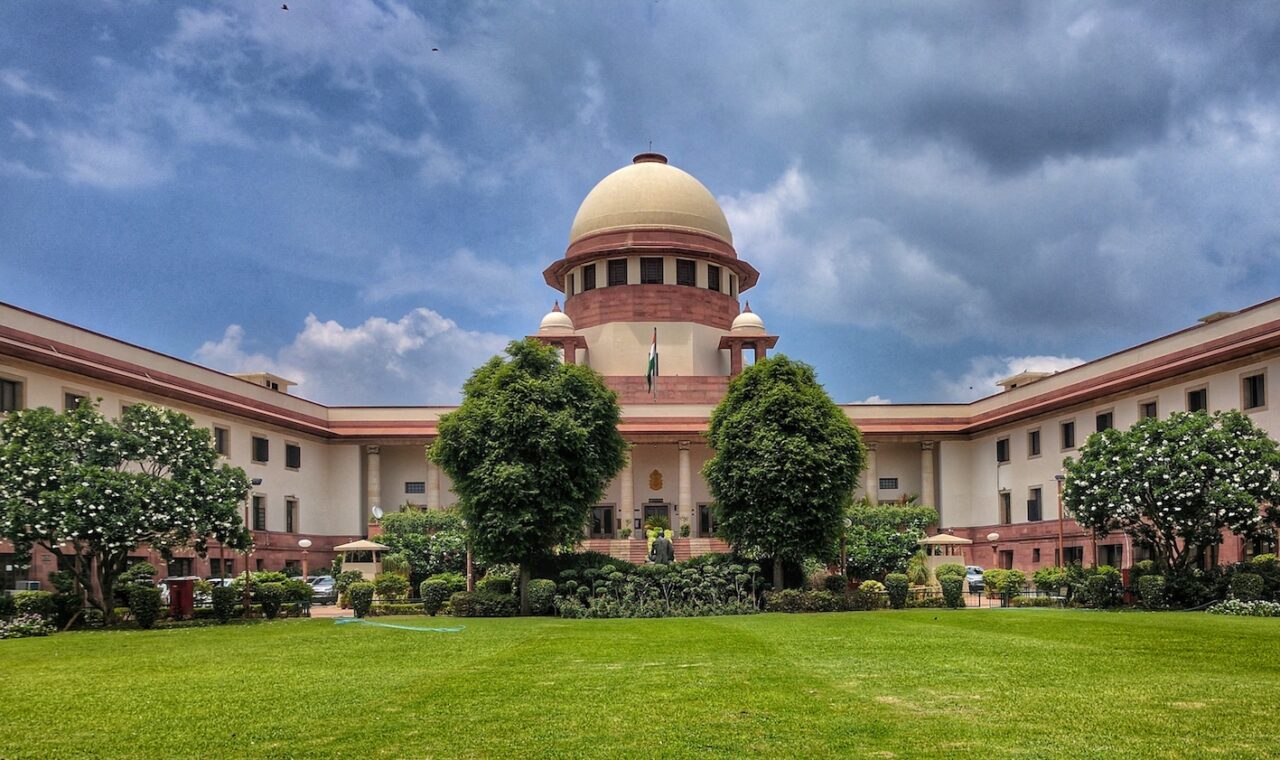A litigant is not allowed with the option of utilizing the writ jurisdiction only to take a chance and then to seek recourse to the other remedy after failing in its attempt on the basic merits of the case before the High Court. This decision was taken by the Supreme Court of India in the case of M/s Vellanki Frameworks vs. The Commercial Tax Officer, Vishakhapatnam [Civil Appeal no. 1322-1323 of 2019] by the bench of Hon’ble Justice A.M Khanwilkar and Justice Dinesh Maheshwari.
In the above-cited case, it was observed that an appeal was filed against the judgment passed by the High Court of Hyderabad, where HC had dismissed the writ petition filed by the appellant and had upheld the orders given by the Commercial Tax office which involved that the transactions in question were not the sales in the course of import but had been inter-State sales, liable to Central Sales Tax which leads to denial of exemption of claimed under Section 5(2) of the Central Sales Tax Act, 1956. Earlier HC had made the observations that once the appellant got released the goods after filing the bill of entry for home consumption, the import stream dried up and the goods got mixed in the local goods.
The issue in front of SC was whether the sales in question took place in the course of the import of the goods into the territory of India and qualify for exemption under Section 5(2) of the CST Act? SC bench noted that “Despite being aware of the availability of the remedy of statutory appeal, consciously chose to file writ petitions against the assessment orders aforesaid and consciously contested the entire matter in the High Court. After having consciously invoked the writ jurisdiction of the High Court and having contested the matter on merits, the appellant cannot now be allowed to reopen the matter in appeal”.
In the final judgment of the SC, concepts of “Sale in the course of import” and the definition of “Importer” had been discussed.
The bench observed that litigation cannot be allowed to be unendingly kept alive at the choice of the litigant. SC concluded that “In our view, the extraordinary writ jurisdiction cannot be utilized by a litigant only to take chance and then to seek recourse to the other remedy after failing in its attempt on the basic merits of the case before the High Court”.
Click here to read the Judgment


